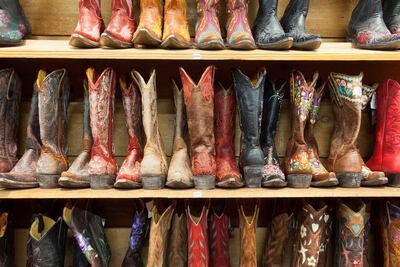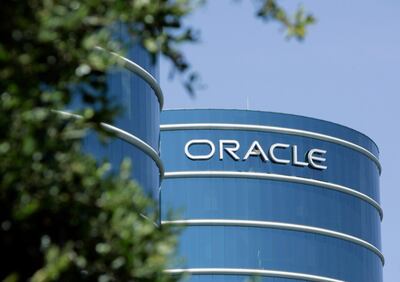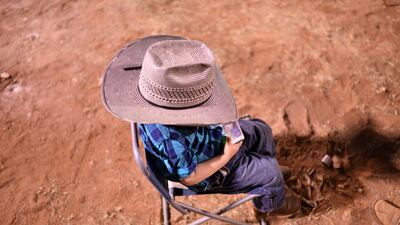TikTok is in a battle for survival in the US, where politicians across the country are working to ban it over unproven fears the Chinese government can harvest Americans' personal data from the app.
The stakes could hardly be higher for the wildly popular video-sharing platform, which is owned by Beijing-based ByteDance. About 150 million Americans use it, and a ban here could lead to other western nations quickly following suit, such as the UK.
TikTok, which says Beijing has never asked for any data, is turning to the southern state of Texas as it struggles to convince sceptical US officials that it will do everything it can to protect user data.
Dubbed “Project Texas”, the $1.5 billion plan would create a separate US-based company to store all American data with Austin-based Oracle.
“We have designed Project Texas to move forward in the United States,” TikTok's chief executive Shou Zi Chew said at a Congressional hearing last month.
“Firewall off American data stored on American soil by an American company, overseen by American personnel.”
Several bills are already being considered by Congress, including one endorsed by the White House, that would ban TikTok.
President Joe Biden's administration also recently delivered TikTok an ultimatum, saying it could be banned if its Chinese owners did not sell their stake in the company.

The app has already been banned on federal government devices for members of Congress and the military. Nearly half of all US states have also banned TikTok on government devices.
And some states are looking to go further still, absent a federal ban. Earlier this month, local lawmakers passed a bill that would make Montana the first US state with a total ban on TikTok, though how such a ban could be enforced at the state level is unclear.
TikTok is already banned outright in India and Taiwan. Western governments, including in the EU, Canada and New Zealand, have banned the platform from government devices. The UK has also announced a ban.
Mr Chew's challenge is to convince a sceptical US Congress that there is a barrier between app users in America and any servers that could feed data to China.
He said that all new US data has been sent to Oracle since October, and the company this month began deleting all US user data from non-Oracle servers. He said he expects that process will be done by the end of this year.

In a press release announcing the partnership with TikTok, Oracle chief executive Safra Catz said the project would allow for greater security and data privacy for its US users.
“We are 100 per cent confident in our ability to deliver a highly secure environment to TikTok and ensure data privacy to TikTok’s American users, and users throughout the world,” Ms Catz said.
“This greatly improved security and guaranteed privacy will enable the continued rapid growth of the TikTok user community to benefit all stakeholders.”
Although nearly half of all Americans use TikTok, it has become a scapegoat for concerns over trade, security and competition with China in general.
In Texas, Republican Governor Greg Abbott banned the app from all government-owned devices in December, leading some public universities to ban it on campus internet networks.
“Owned by a Chinese company that employs Chinese Communist Party members, TikTok harvests significant amounts of data from a user’s device, including details about a user’s internet activity,” Mr Abbott said in a statement.
But he hasn’t always opposed the idea of a Texas-based home for the app. In 2020, when then-president Donald Trump announced a deal to move TikTok’s US operations to Texas, Mr Abbott tweeted: “Texas would be the perfect place for the HQ.”
Since then, more Republicans and Democrats have joined a chorus demanding more transparency from the app and calling for a more widespread ban in the US.
Lawmakers did not seem particularly swayed by Mr Chew’s testimony in Congress, highlighting concerns not just about the app’s data usage but its addictive content and potential impact on younger users.
“With all due respect, the ‘No company can be perfect’ line has been used way too much today,” said Democratic Congresswoman Angie Craig, Minnesota.
“Clearly, in the three-plus hours you’ve been before us today, what you’re saying about Project Texas just doesn’t pass the smell test.”

